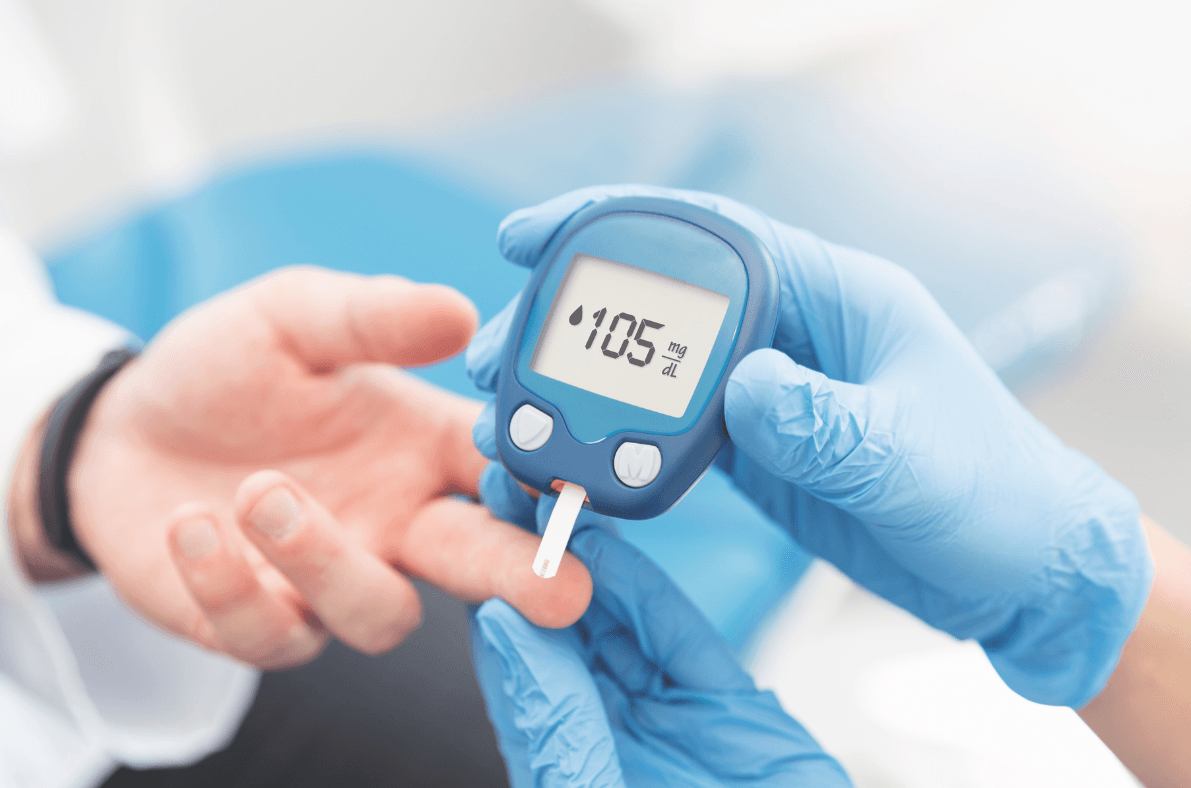It’s not always possible to get to the doctor. There are countless reasons you may not be able to make that appointment and visit a GP, but it’s still important to look after your health. What is the alternative to setting up a GP consultation?
The simplest option is to go with a GP video consultation. Telemedicine has become quite common over the past couple of years and unless you have an emergency, it’s likely your doctor can let you know how to treat your condition.
Book Your GP Consultation Online
Whether you’re going in to see a doctor in person or plan to have an online GP visit, you can make your appointment online. This saves time and lets you see exactly what schedule times are available. If you don’t like speaking on the phone, which many people don’t, then you’ll appreciate the ability to use the NHS app to make your appointment.
Schedule a GP Video Consultation
Video consultations are the easiest way to see your doctor without actually going to see them. In a GP video consultation, you’ll speak with your doctor about your concerns over a video conference call. You may need to show some closer images of rashes, marks, etc. or take your own temperature to give information to the doctor. However, by the end of the call, the doctor will let you know if you can treat the issue at home or if you need to go to the hospital or come into the medical clinic.
If you need to take some sort of medicine, this is also covered by the video call. Your doctor can give you a prescription so that you are able to fill it at your earliest convenience.
Use Your Phone to Manage Repeat Prescriptions
Download the NHS app to make it much simpler to refill your prescription. No one really likes to visit the doctor’s physical clinic just to get a refill and this method is so much simpler. You can usually just set the whole thing up and fill out a form, but if you do need to actually speak to a doctor, that’s quite simple with this method. All you need to do is schedule a GP video consultation and explain your needs to the doctor. However, when it’s something like birth control pills that you need more of, it’s even simpler to refill the prescription.
Get Administrative Help Online
All too often, there is paperwork involved with being sick. If you need a doctor’s note or a form filled out for work or school, it’s easiest to manage it all online. There are plenty of reasons you may need paperwork from your doctor, so if you can manage it without going into the clinic, this can speed the entire process up.
In some cases, you can even do all the paperwork yourself, if a doctor isn’t strictly necessary. For example, you may be able to print out a sick note for yourself or print up a mask exemption card if you qualify.
Have Your Child Seen By an Online GP
Is your child ill? There’s nothing worse than a sick child unless it’s trying to get that sick child into a car or onto public transport to go see a doctor. Fortunately, you have the option of a GP video consultation where a doctor can see your child for a range of possible ailments and get you a prescription if necessary.
It’s far easier to have your child seen at home, where they are comfortable than to take them to a clinic while they feel unwell.
Telemedicine is something of a miracle for parents of small children and the GP may be able to do everything over the video with a little help from you to get temperatures and photos of rashes or skin issues that may be associated with the health problem.
Once a child is signed up under the NHS, they can be seen for well-child check-ups, so be sure to check with the practice about this.
Wellbeing Resources from the NHS
In order to register for NHS online services, you don’t need much time or any paperwork. You can sign up online and fill in a basic form that will permit NHS England to transfer your medical records to the practice you’ll be using. The local doctors in that practice will have access to your medical history.
There are a number of free services available from the NHS, including mental health support, dermatologist access, and sexual health support. While online doctor’s visits are useful, they’re not the only benefits that the NHS offers. You can also find a range of services available to help you stay healthy.
For example, if you need a COVID 19 test, you can find relevant information on the site. You can also self-refer to various specialities, including:
● Drug and Alcohol Support: If you’re trying to get off substances you can auto-refer yourself to a helpful clinic for this.
● Abortion: Do you need an abortion? You don’t need to talk to a doctor, as you can self-refer to a clinic for the procedure.
● Weight Management: Looking to lose some weight? You’ll find resources on the NHS site, including advice on nutrition and losing weight healthily.
● Sexual Health: Everything from STI screening to contraception is available to you and you can go straight to the source, rather than asking a doctor for everything.
● Physiotherapy: If you need physio, you can self-refer to a therapist who can help you recover your mobility to the greatest extent possible.
Registering on the NHS GP site immediately gives you access to far more services than you can imagine. This is a wonderful way to get the help you need, medically and otherwise.
What Should You See Local Doctors For?
Online medicine may seem a little odd at first, but it’s a wonderful way to include the entire population in the medical industry. There are many shut-ins who never go out to the doctor for one reason or another. Some are physically unable to leave their home, while others are mentally unable. Whatever the reason, anyone can now talk to a doctor online and get answers.
Some of the more common issues that you may wish to see a doctor for online include:
● Flu: If you’re feeling sick, you may need reassurance that you’re going to be okay, as well as instructions on how to get better faster.
● Athlete’s foot: This common ailment is annoying but can easily be diagnosed and treated via video call.
● Assorted skin issues: Do you have a rash, odd spots or dry skin? The NHS features dermatologists who are available for video calls. They can often look at what you have on your skin and either recommend further testing or give you medications for the problem.
● Gastroenteritis: Nearly everyone gets gastro at some point and while it’s not pleasant, it’s usually not deadly. Your online doctor will give you all the information you need to ensure you stay hydrated.
● Conjunctivitis: Have a case of pinkeye? This painful condition may require antibiotic creams and even oral medications, depending on the severity.
● Fever: When you or your child has a fever it is a good idea to get checked by a doctor, particularly if it is a persistent one.
● Diarrhoea: Everyone gets it sometimes, but it’s a real possibility that you will end up dehydrated. This is even more of a concern with a small child, so your doctor will let you know how to treat the issue. They may also issue exam orders to rule out certain diseases.
● Ear Pain: Pain in the ear or difficulty hearing can be a tough issue to diagnose over the video call, but your doctor is experienced and knows which questions to ask in order to determine the problem and help you solve it.
● Sore throat: If anyone in your family has a sore throat, it’s usually cause for concern, but your online doctor will soon ease your mind. They can prescribe something to help with the pain and give you ideas on how to treat it.
As you can see, nearly any issue that you would usually go to the doctor for can be seen by a GP online. There’s very little difference and over the past couple of years, doctors have perfected their long-distance delivery skills. They can provide excellent care from a distance and if they are unable to help you, you’ll simply be referred to a physical clinic or the hospital.
Are you ready to receive all the benefits of the NHS online services? Go ahead and sign up here to gain access to everything today.











